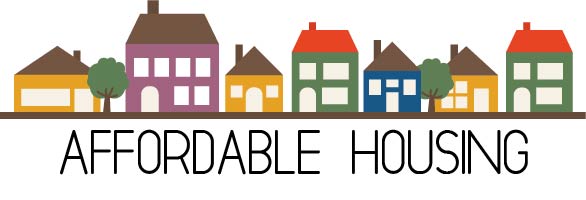
The Archbishop and Aboriginal people in the Swan Valley 1977
June 19, 2016
Hans Rookmaaker
July 4, 2016Affordable housing is fundamental for the full social and economic participation of Australian people for their whole lives.
Affordable housing should be considered a national priority for major policy reform.
Australia has enjoyed a long period of sustained economic growth; despite the recent economic downturn Australia remain one of top performing economies in the OECD. Nevertheless, the key housing indicators paint a disturbing picture: current housing, tax and planning policies are failing to meet the needs of countless Australians and the trends are getting worse.
As Saul Eslake once commented, we have had ‘a half-century of housing policy failure’.
The ‘negative gearing‘ tax policy supports wealthier and older households at the expense of poorer households and younger people. In the post WWII period, housing was seen as a public good. However, over the past 50 years, this commitment has gradually been eroded through policies that have turned housing into an asset—a wealth creation mechanism for many households—thereby exacerbating inequality and exclusion in Australia. Current policies are locking in a “Generation Rent”.
Housing policies must reflect the major economic and social changes that have occurred in Australia over the past 30 years. These trends – including population growth in our cities and a globalised neoliberal economy – are continuing.
Housing policies need to be assessed to ensure they facilitate economic, social and civic participation; rather than hindering it.
In contrast to Eslake’s observation Keith Jacobs cogently argues that the current situation is the intentional result of housing policy and public policy working exactly as intended.
It goes without saying that this is paralleled with 50 years of policy failure in Aboriginal housing



